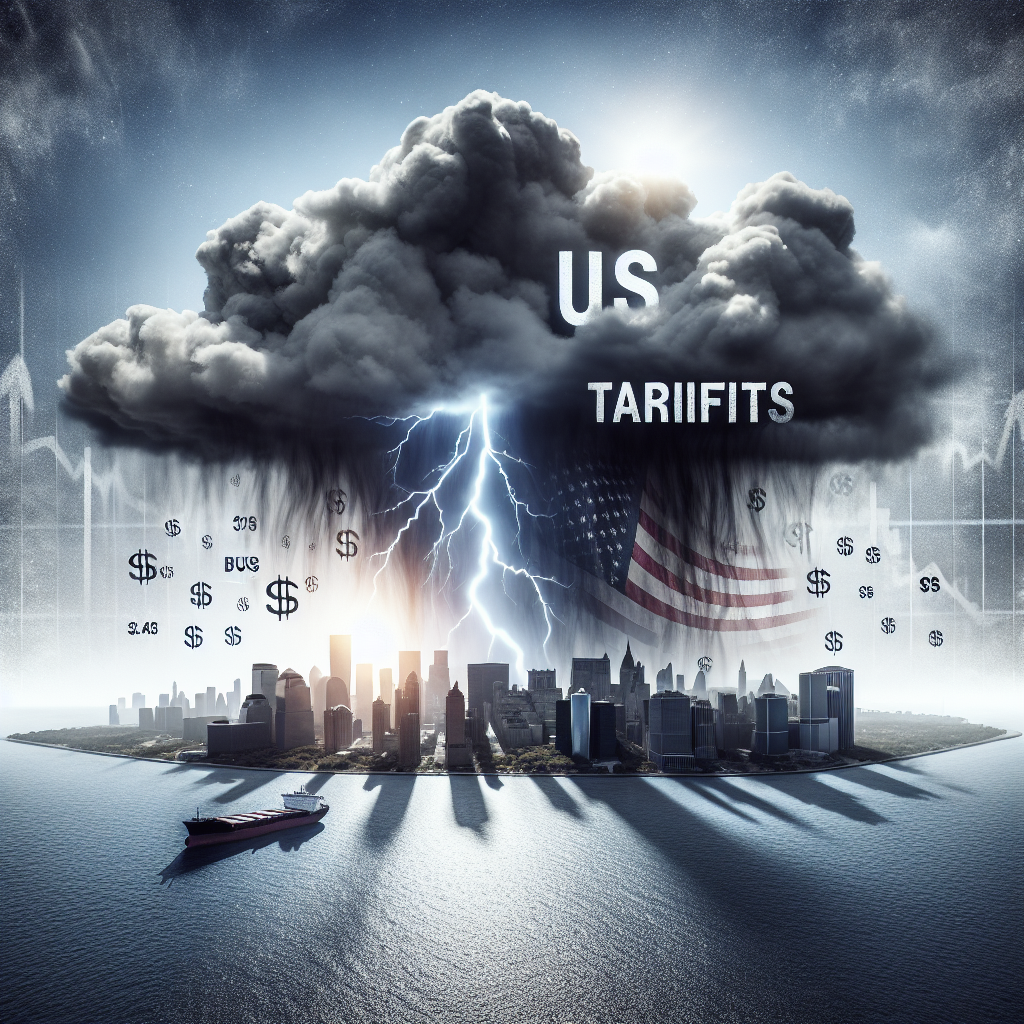US Tariffs Spark Business Uncertainty and Profit Concerns
US Tariffs Spark Business Uncertainty and Profit Concerns
Introduction
The recent imposition of tariffs by the United States has created a wave of uncertainty among businesses, raising concerns about profitability and market stability. This development has significant implications for both domestic and international markets.
Key Impacts of US Tariffs
- Increased Costs: Businesses are facing higher costs for imported goods, which could lead to increased prices for consumers.
- Supply Chain Disruptions: Tariffs are causing disruptions in global supply chains, affecting the timely delivery of products.
- Market Volatility: The uncertainty surrounding tariffs is contributing to increased volatility in financial markets.
Business Reactions
Companies are adopting various strategies to mitigate the impact of tariffs:
- Cost-Cutting Measures: Businesses are exploring ways to reduce operational costs to offset tariff-related expenses.
- Supply Chain Diversification: Firms are seeking alternative suppliers and markets to minimize dependency on tariff-affected regions.
- Price Adjustments: Some companies are considering passing on the increased costs to consumers through price hikes.
Economic Implications
The broader economic implications of the tariffs include:
- Inflationary Pressures: Higher prices for goods could contribute to inflation, affecting consumer purchasing power.
- Trade Tensions: The tariffs may exacerbate trade tensions with other countries, potentially leading to retaliatory measures.
- Investment Uncertainty: Uncertainty surrounding trade policies may deter investment and slow economic growth.
Conclusion
The imposition of US tariffs has introduced significant challenges for businesses, with increased costs and supply chain disruptions at the forefront. Companies are actively seeking strategies to navigate this uncertain landscape, while the broader economic implications continue to unfold. As the situation evolves, businesses and policymakers alike must remain vigilant and adaptable to mitigate potential negative impacts on the economy.














